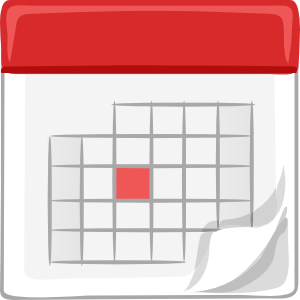These memory tips are provided by specialist neuropsychologist Professor Narinder Kapur, who practices neuropsychology from practices in Hertfordshire and Middlesex in the south of the UK.
TAKE IT EASY
1. Try not to do too many things at once. Reduce demands on your memory.
2. Anxiety, tiredness and alcohol can affect memory, so try and avoid mentally and physically stressful situations, and keep alcohol intake modest. Try to have a positive frame of mind. Take regular breaks.
3. If you do forget something, don’t get too upset about it. Stay calm and think of connections that may jog your memory.
————————————————————————————
BE WELL ORGANIZED
4. Keep to a fixed routine, with set activities at set times of the day, and on set days of the week.
5. Be organized – have a place for everything, and put back everything in its place. Consider putting labels on drawers, cupboards, containers or files.
————————————————————————————
CONCENTRATE
6. Try not to let your mind wander – keep on track. Be especially careful to concentrate when you are travelling about. If you are often leaving things behind, remember to ‘Look before you Leave!’
7. If you have to do something, do it now rather than later, when it may get lost from your mind – ‘Do it Now!’
8. If you have to remember something such as a message or a name, go over it in your mind at increasing intervals.
9. Try to find meaning in things you have to remember – e.g. by making associations or by linking things together.
————————————————————————————
USE MEMORY AIDS
10. Use memory aids – such as dry-wipe whiteboards, Post-it notes, check-lists, notebooks, diaries/calendars, mobile phones and alarms. They can help you to remember messages and help you remember to do things at the right time. A partner or friend can also be a good memory aid!
We hope these memory tips were useful. For more advice, contact the London Memory Clinic.
